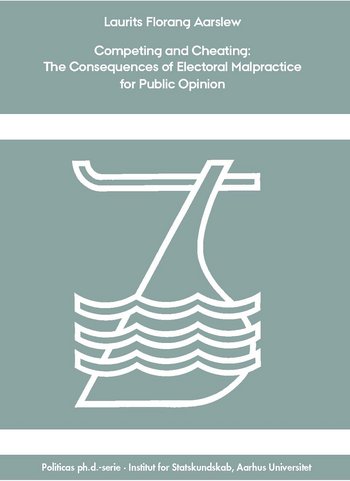Laurits Florang Aarslew
Competing and Cheating: The Consequences of Electoral Malpractice for Public Opinion

Elections are one of the most important political institutions. Yet, in many countries, elections are marred by electoral malpractice. Dictators routinely orchestrate elections in ways that ensure landslide victories and portray images of invincibility. Even in nominally democratic regimes, many elections are tainted by illicit electoral tactics. Despite the centrality of elections for authoritarian and democratic politics, our understanding of the implications of malpractice for public opinion remains limited. Particularly, when voters are faced with malpractice, some are inevitably put under cross-pressure between the principles of free and fair elections and their partisan desires. A key question is, therefore, what a voter does when confronted with electoral malpractice that advances her party’s chances of winning: Does she sacrifice fairness values for partisan gain or sacrifice the partisan gain for fairness values? This dissertation systematically pits clear violations of election fairness against partisan self-interest head to head. How do voters fare in that cross-pressure between democratic prerogatives and (tribal) partisan instincts? And do voters in consolidated democracies, new democracies, and authoritarian regimes respond similarly to electoral malpractice? The dissertation provides consistent evidence of the negative effects of electoral malpractice (from subtle gerrymandering to blatant ballot stuffing) on voters’ perceptions of government legitimacy and political support. Even when malpractice gives an individual’s in-party an advantage, people distance themselves from parties and politicians that engage in malpractice. Hence, contrary to much recent work, I show that partisans are not willing to win at all costs, at least in the case of elections
![]() Ophavsretten tilhører Politica. Materialet må ikke bruges eller distribueres i kommercielt øjemed.
Ophavsretten tilhører Politica. Materialet må ikke bruges eller distribueres i kommercielt øjemed.